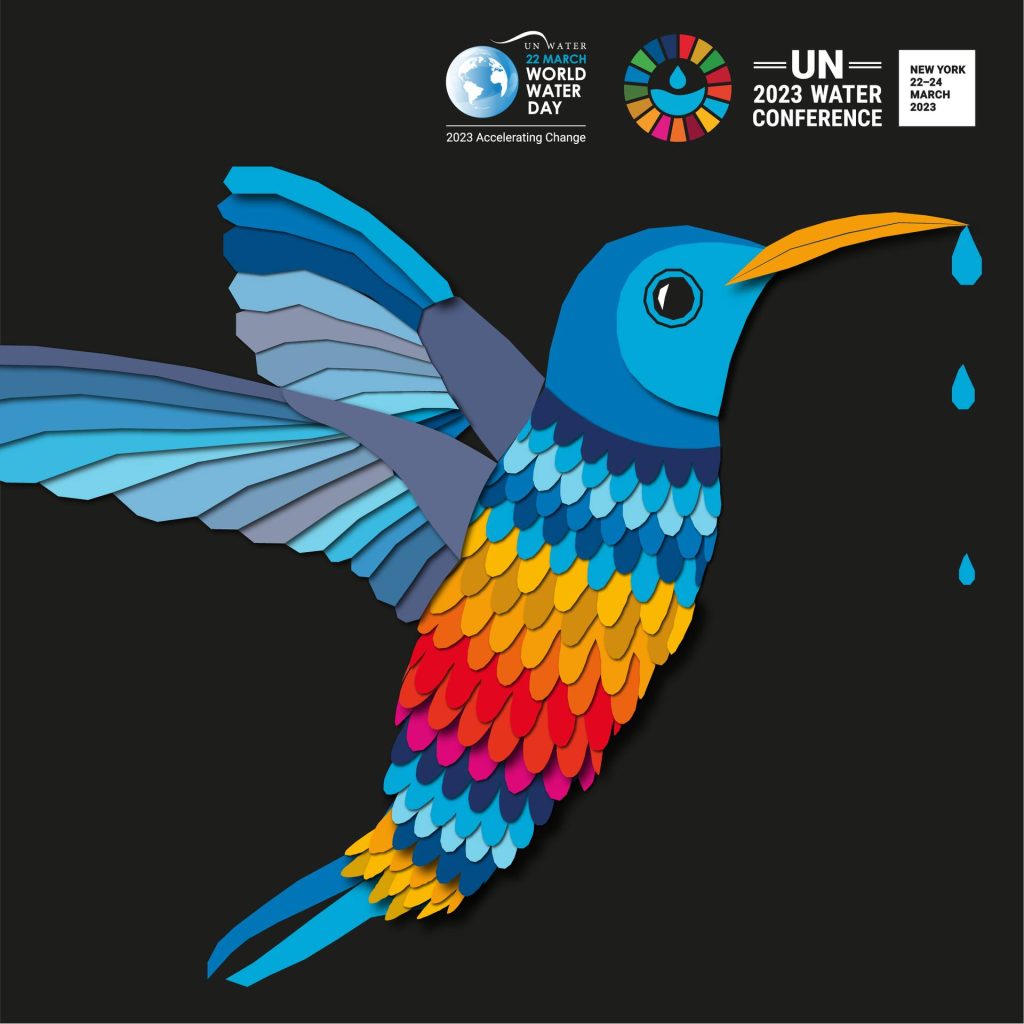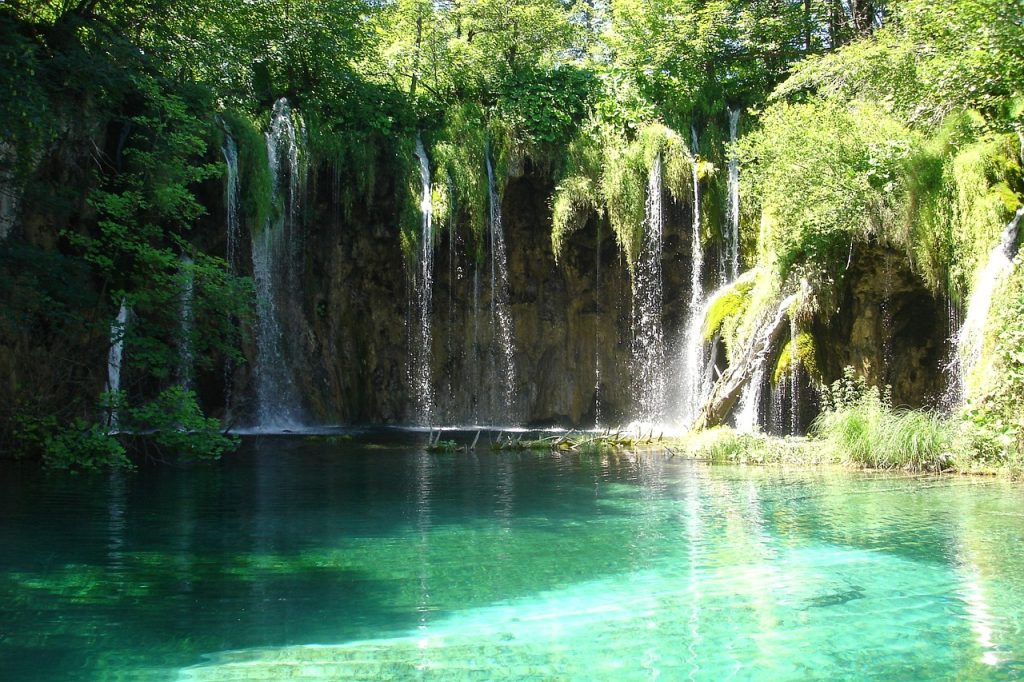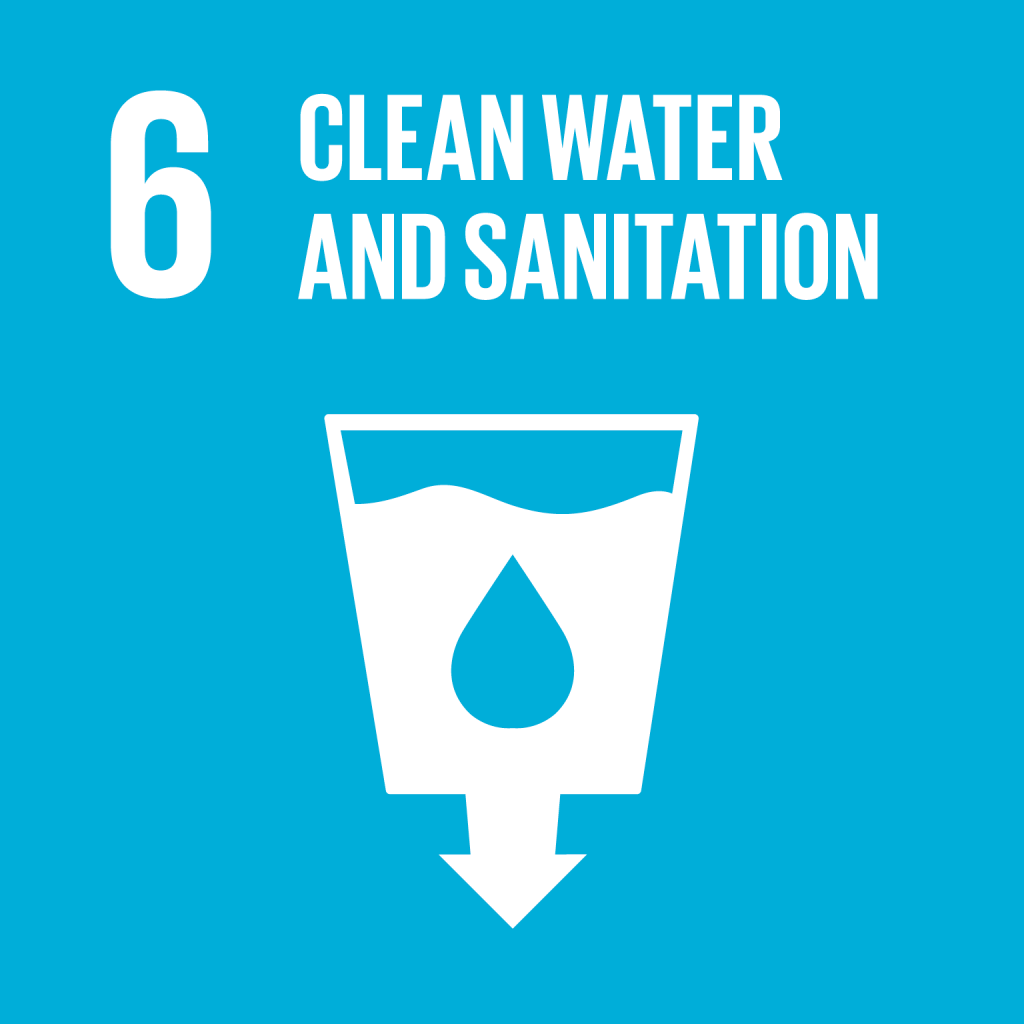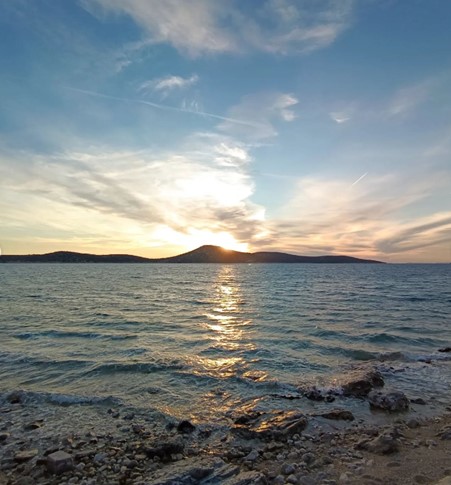World Water Day, celebrated on 22 March every year since 1993, celebrates water and has as a main objective to raise awareness about the importance of taking care of water as a limited resource, a vital element for all living beings on Earth. Right now, in the world there are 2 billion people living without access to safe water. As we can see, this is global crisis, and we can’t look away. That is why this year’s proclaim (2023) is “Be the change you want to see in the world”. We must be an active part to solve the problem. Accompanied by this proclaim, UN Water teach us the following little tale to illustrate about this reality of the importance of being an active part of the solution:
‘One day in the forest, a fire broke out. All the animals ran for their lives. They stood at the edge of the blaze, looking at the flames in terror and sadness. Up above their heads, a hummingbird was flying back and forth to the fire, over and over again. The bigger animals asked the hummingbird what she was doing. “I am flying to the lake to get water to help put out the fire.” The animals laughed at her and said, “You can’t put out this fire!” The hummingbird replied, “I’m doing what I can.”‘

As we can see. the hummingbird is helping solve the problem, one drop at a time. She is being the change she wants to see in the world. Actions, no matter how small are, they help to solve a problem. For more about UN water, you can see the following video.
Why water is a basic right for life
All forms of life on planet Earth need water to survive. It is the most important element for life with oxygen. Although two thirds of the planet are water, just 2% of all that water is fresh water, water we can use to drink, cleaning and just living. Out of all this fresh water, 80% is frost in glaciers, in the poles, it is under surface water etc. So, it is water that it is difficult to access. The remaining water, is the water we can easy access in rivers, lakes, etc. With this data, we can see that water is not a unlimited resource.

Water is considered as a human right, but many people (as I wrote above) can’t have a safe access to drinking water. According to United Nations, people from the poorest countries are the most affected, due to water sanitation is a real luxury, only affordable for develop countries. A third of world population don’t have a clear access to drinking water, which means more than 2 billion people. This is a reason to get diseases, and eventually to die. As we can see, drinking water and poverty are related. The solution to the problem must be collective and cannot avoid sustainable development.
The issue of water in the 2030 Agenda for Sustainable Development
The point six of 2030 Agenda, it is related to water issue. In this sense, for the year 2030 it is estimated that one of the sustainable development objectives is to guarantee access, sanitation, and sustainable management of drinking water, free of contamination. To this end, the following goals are contemplated:
- Achieve universal access to drinking water for the population, in an equitable manner
- Improve water quality by reducing polluting elements, such as dumping, the emission of chemical products and hazardous materials
- Increase the efficient use of water resources, guaranteeing the extraction and supply of fresh water
- Protect and restore all water-related ecosystems, including forests, wetlands, rivers, lakes, and aquifers

What we can do
Taking into account this year’s proclaim, the United Nations propose us a list of things that we can do. “Choose your actions” between this and create your list of personal commitments, that is what UN encourages us to do. These are the following actions, choose and make your list, be an active part of the solution.
Actions:
- Save water: Take shorter showers and don’t let the tap run when brushing my teeth, doing dishes and preparing food
- Eat local: Buy local, seasonal food and look for products made with less water
- Break taboos: Talk about the critical connection between toilets, water and menstruation
- Be curious: Find out where my water comes from and how it is shared, and visit a treatment plant to see how my waste is managed
- Make it equal: Share water fetching between women and men, girls and boys
- Protect nature: Plant a tree or create a raingarden – use natural solutions to reduce the risk of flooding and store water
- Flush safe: Fix leaking water and waste pipes, empty full septic tanks and report dumping of sludge
- Build pressure: Write to my elected representatives about budgets for improving water at home and abroad
- Stop polluting: Don’t put food waste, oils, medicines and chemicals down my toilet or drains
- Clean up: Take part in clean-ups of my local rivers, lakes, wetlands or beaches
See you next month with an interesting new topic!
Angel



